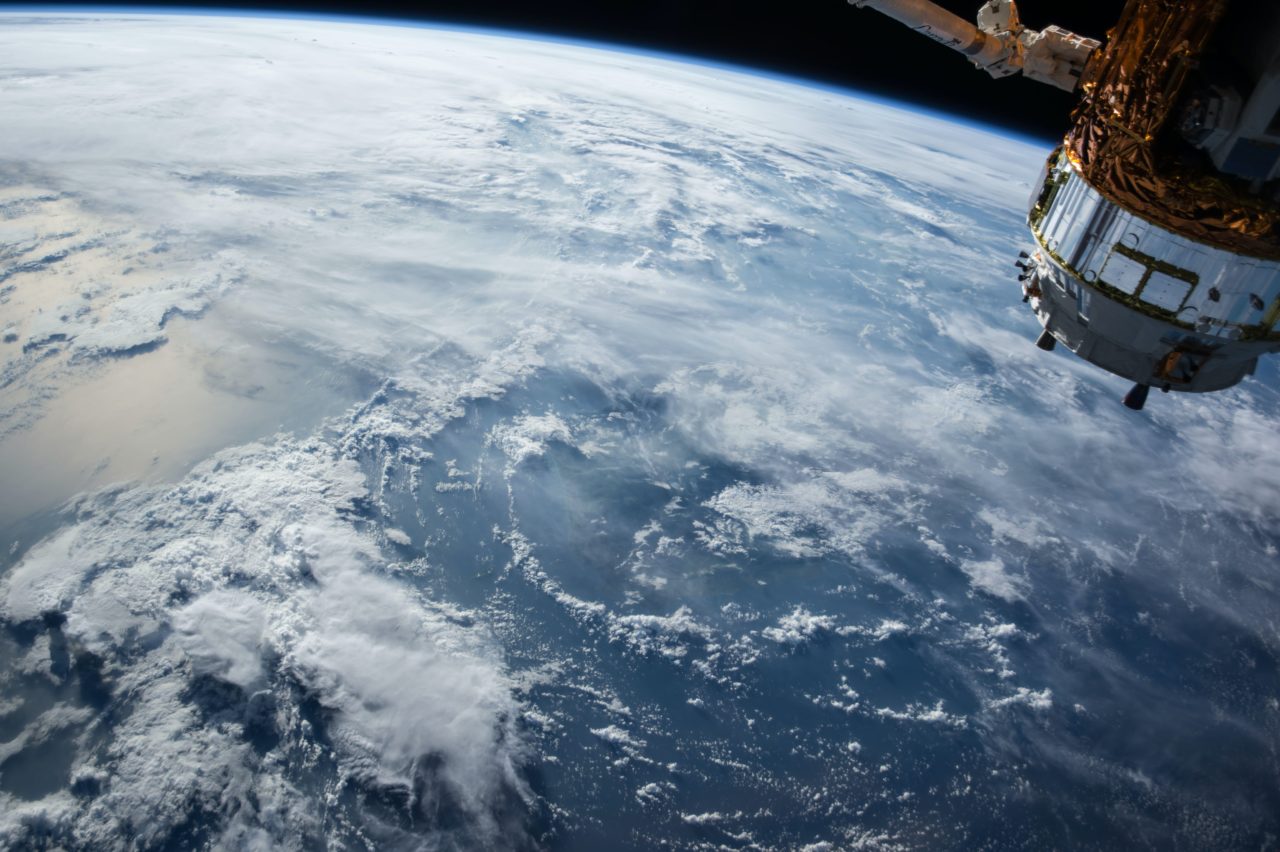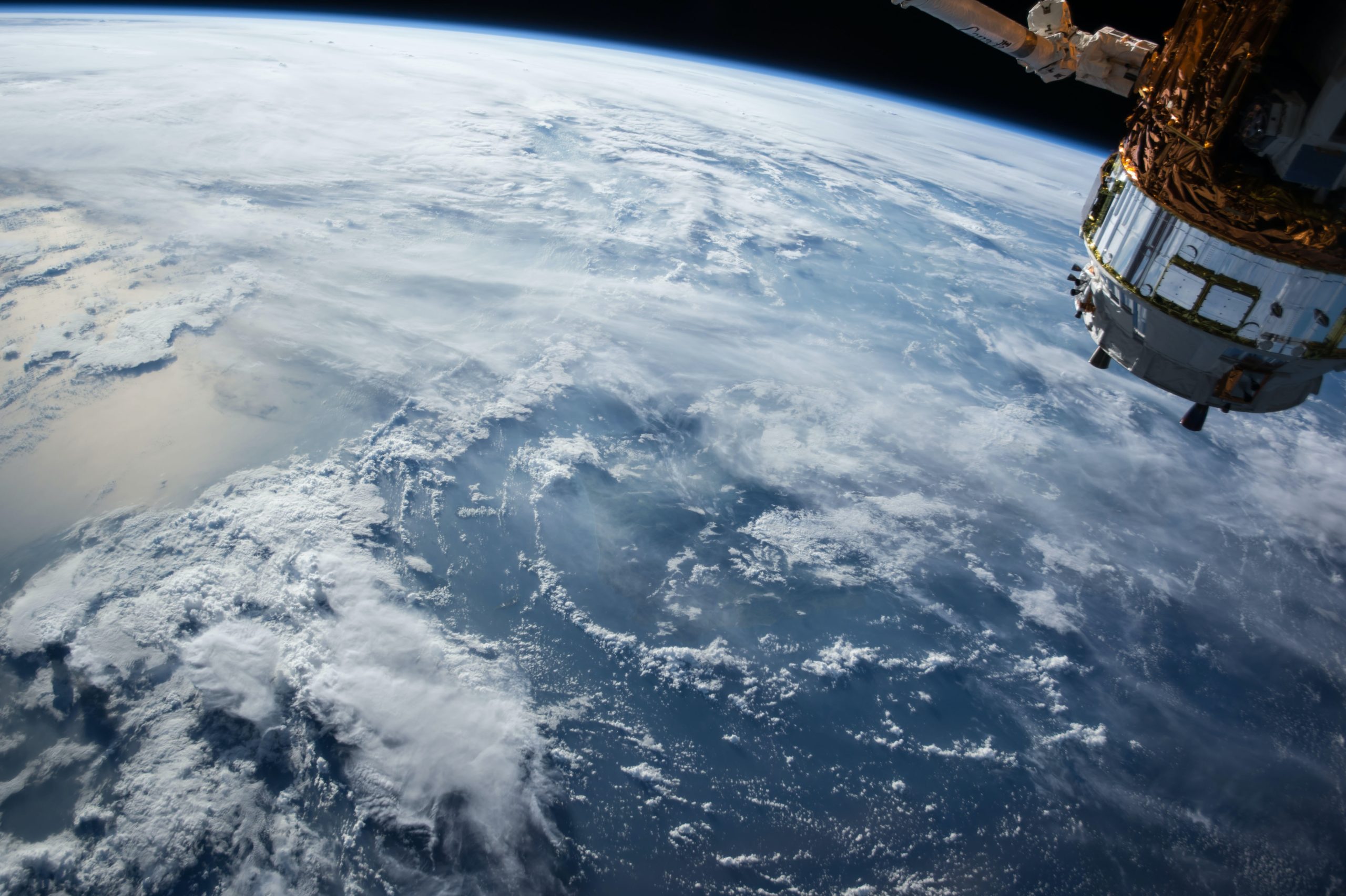Just last year, the United Arab Emirates (UAE) launched the Emirates Mars Mission, the first interplanetary mission in the history of the Arab World. After a seven-month journey, the ‘Hope Probe’ successfully reached the red planet’s orbit on February 9, 2021. This officially made the UAE the fifth country in global history to reach Mars and second to successfully complete the mission on the first try.
Following this regional milestone, the UAE Space Program has recently set its sights on a new and more ambitious venture. The UAE’s Vice-President, Prime Minister and Ruler of Dubai recently took to Twitter to announce the next interplanetary mission will explore Venus and seven asteroids between Mars and Jupiter.

In his announcement, he tweeted “As part of its Projects of the 50, the Emirates launched today a new space mission to explore the Asteroid Belt in our solar system. The 3.6 billion km journey will fly-by Venus and seven asteroids, landing on the last asteroid – the most ambitious space mission from our region.”
The UAE’s Minister of State for Advanced Technology, Sarah Al-Amiri, added “Our goal is clear: to accelerate the development of innovation and knowledge-based enterprises in the Emirates. This can’t be done by going steady-state, this requires leaps in imagination, in faith and the pursuit of goals that go beyond prudent or methodical.”
As part of the latest mission, the Venus probe will begin its five-year journey in 2028. In the meantime, the UAE will partner with the Laboratory for Atmospheric and Space Physics (LASP) at the University of Colorado, Boulder to further develop the project over the next seven years.
Once launched, the UAE’s spacecraft will orbit both Venus and Earth, with the ultimate goal of reaching an asteroid belt by 2030. The probe will then collect data on seven key asteroids, before finally landing on an asteroid over 345 million miles away in 2033.
Mission Venus has already been declared five times more complex and seven times longer than the Emirates Mars Mission. If successful, it will add to the UAE’s long list of interstellar achievements as the first-ever Arab country to successfully land on an asteroid. It will also contribute to “Projects of the 50th,” a series of developmental and economic initiatives to mark the country’s 50th anniversary year.
By next year, the UAE also plans to become the first Arab country and fourth country worldwide to explore the Moon. The Emirates Lunar Mission is part of Mars 2117, the UAE’s long-term plan to become the first nation to colonize Mars. The 100-year initiative includes plans to develop a Deep Space Treaty and Colonization Protocol, an outer space hyperloop and a mini-city known as the “City of Wisdom.”
For more information the UAE’s growing space sector, visit the following websites:
